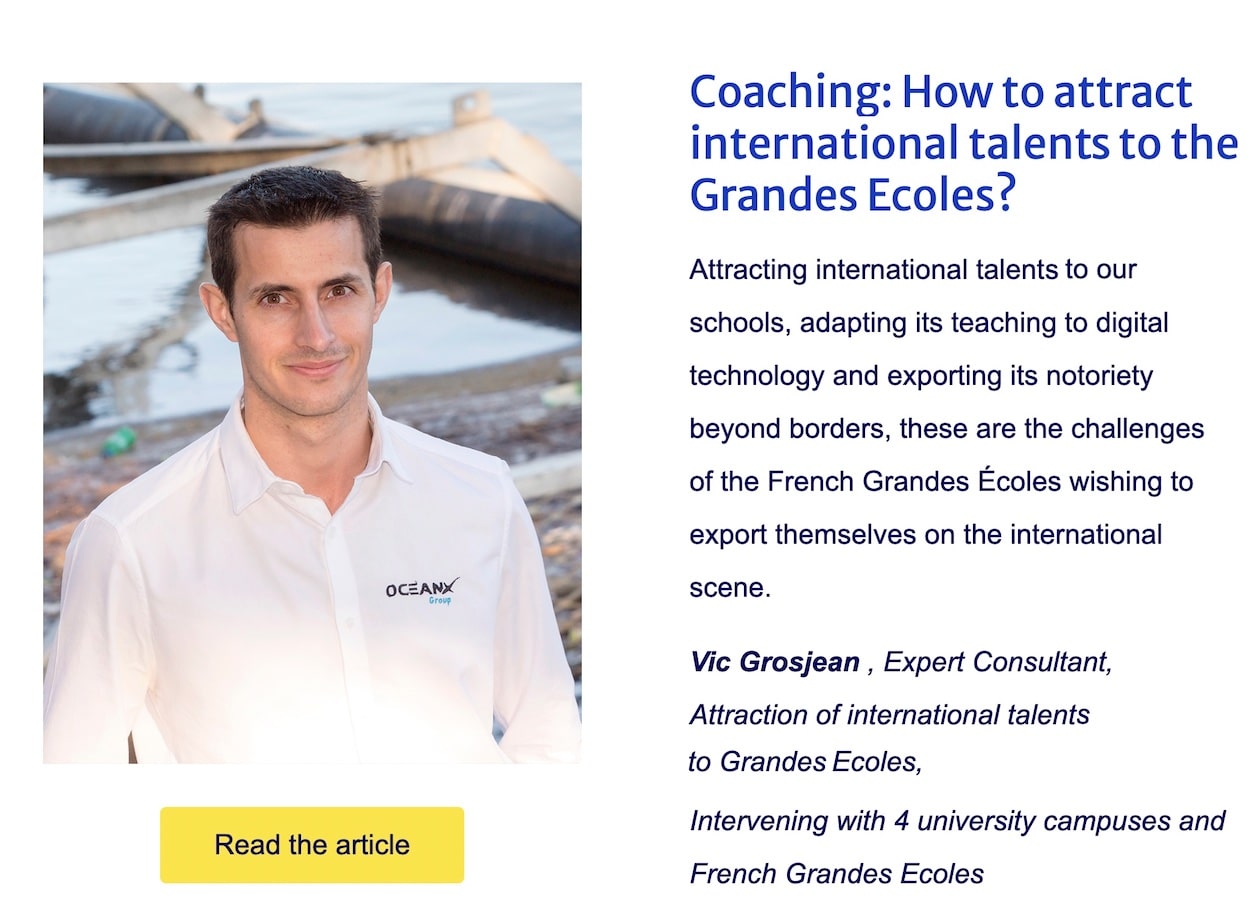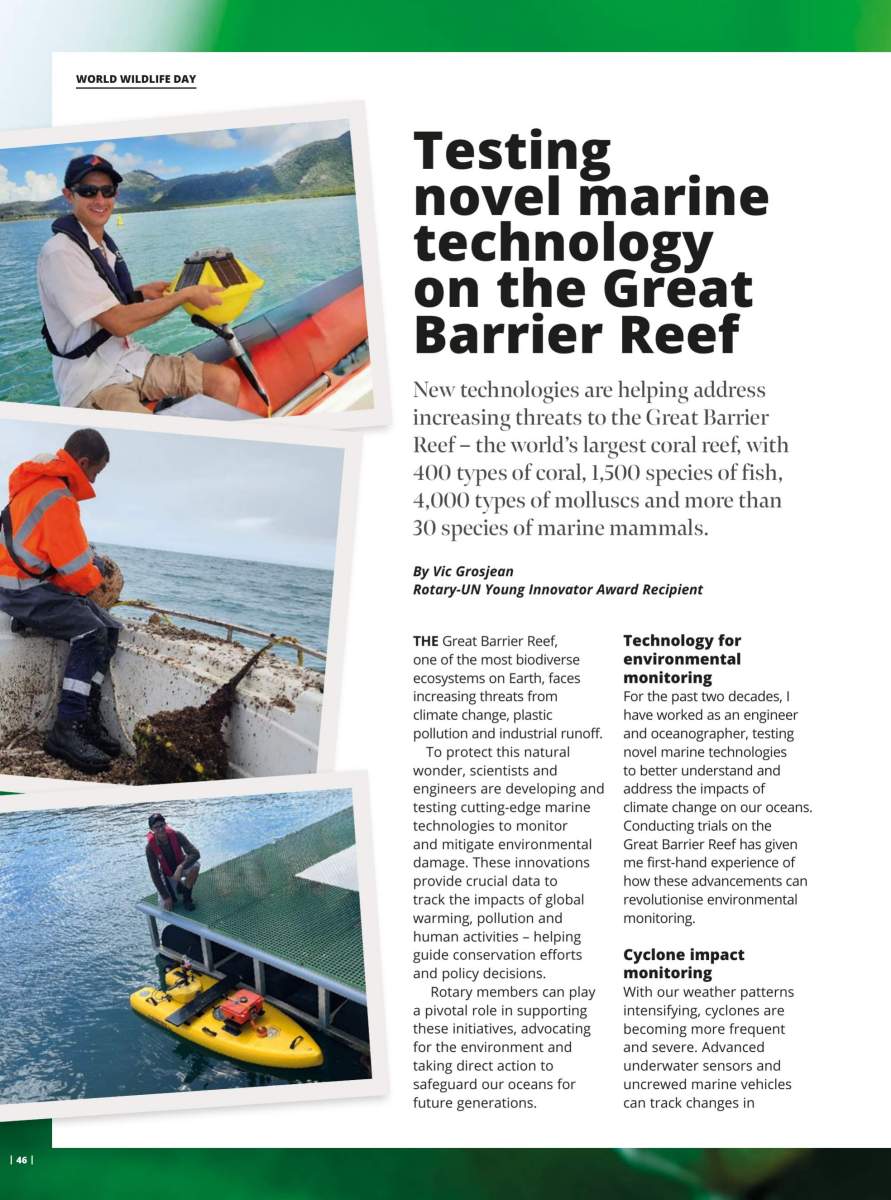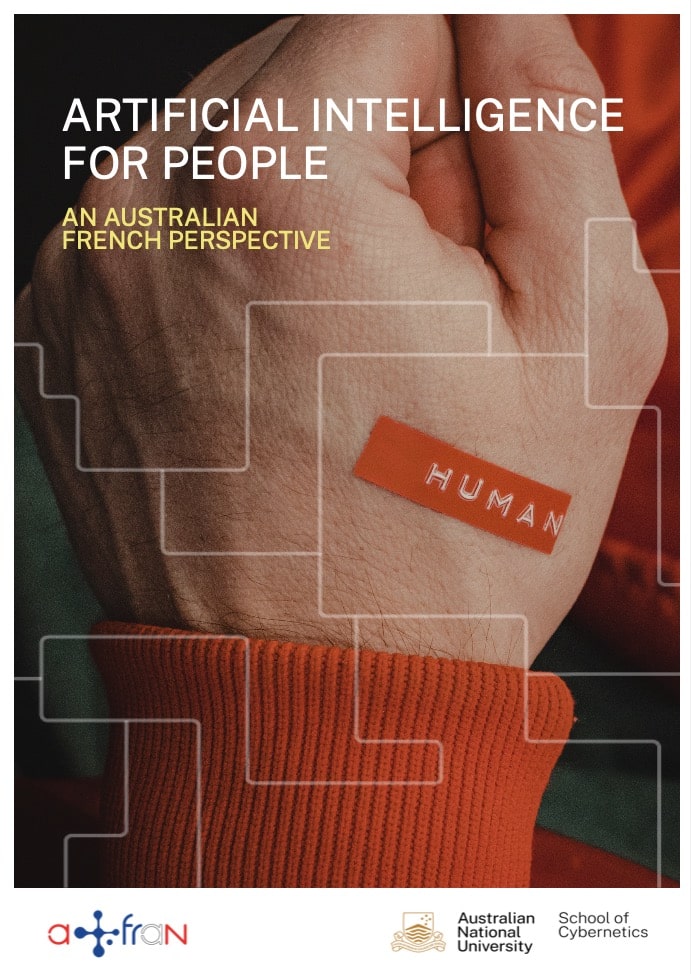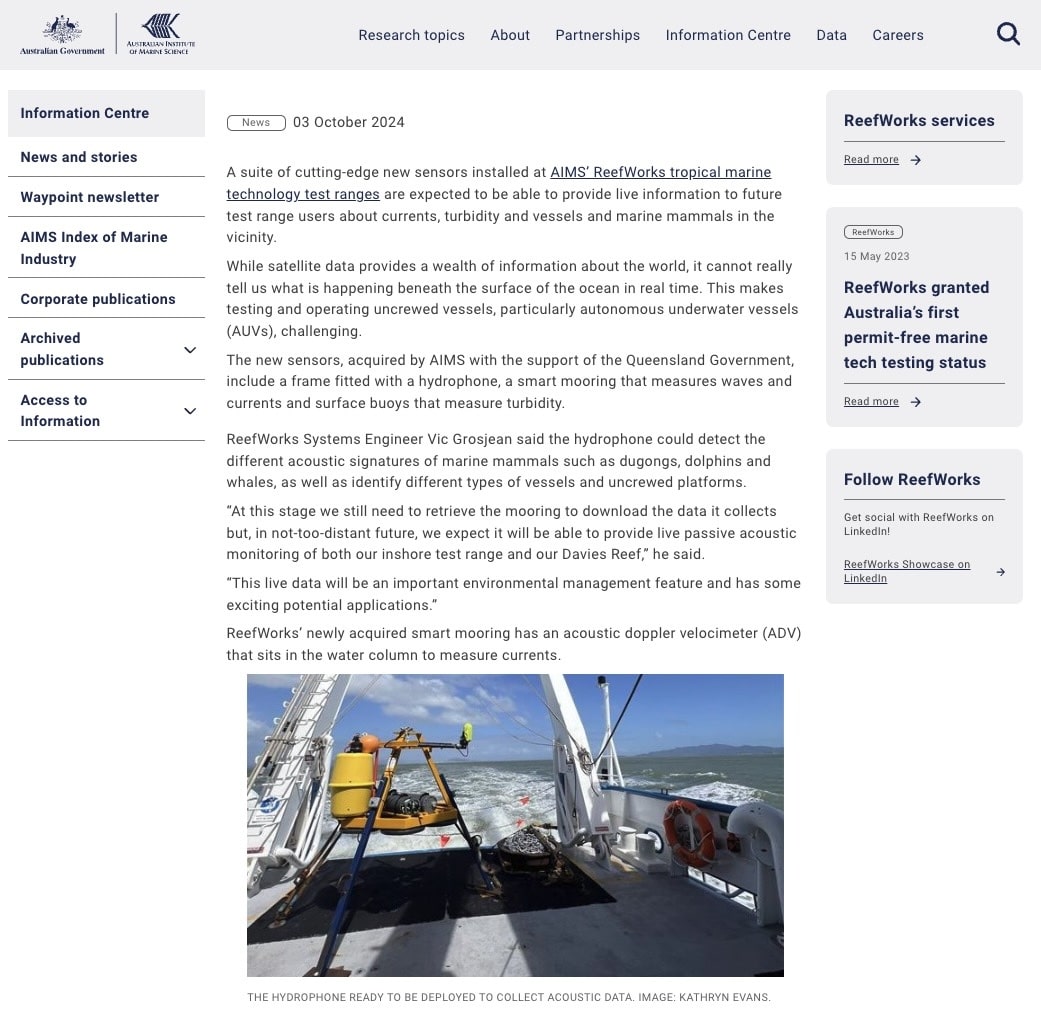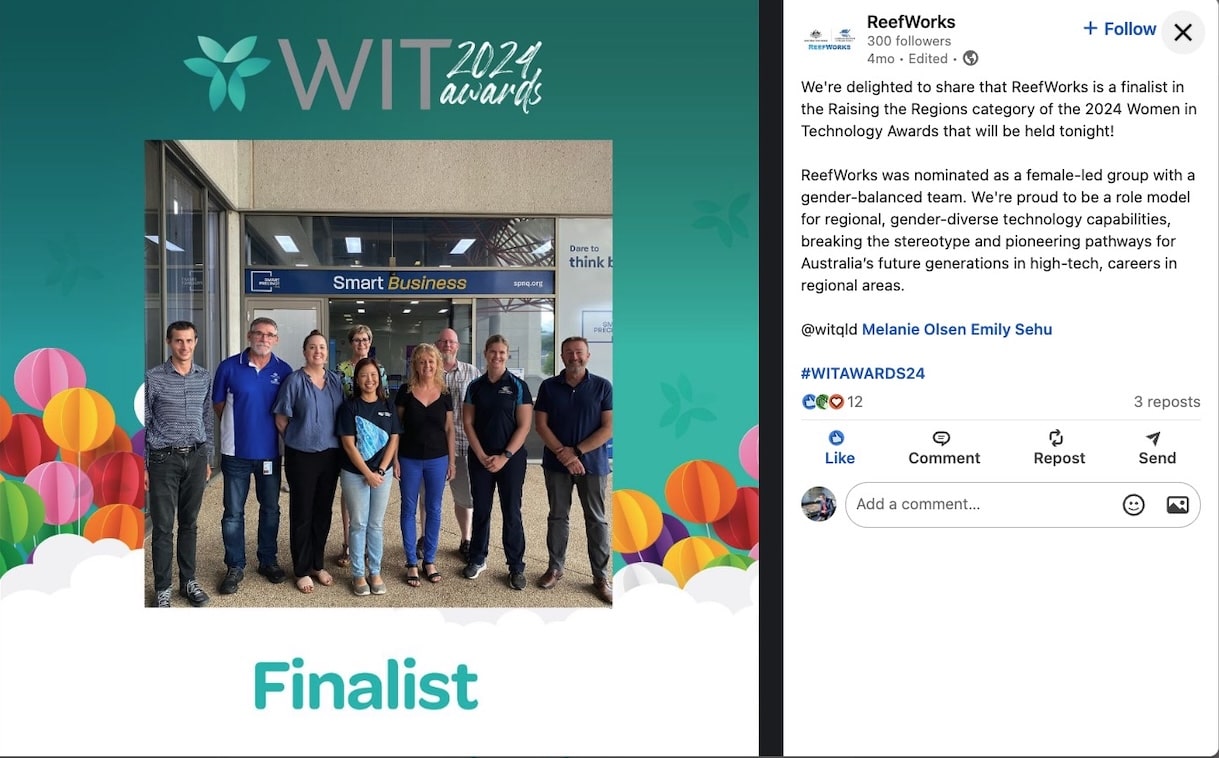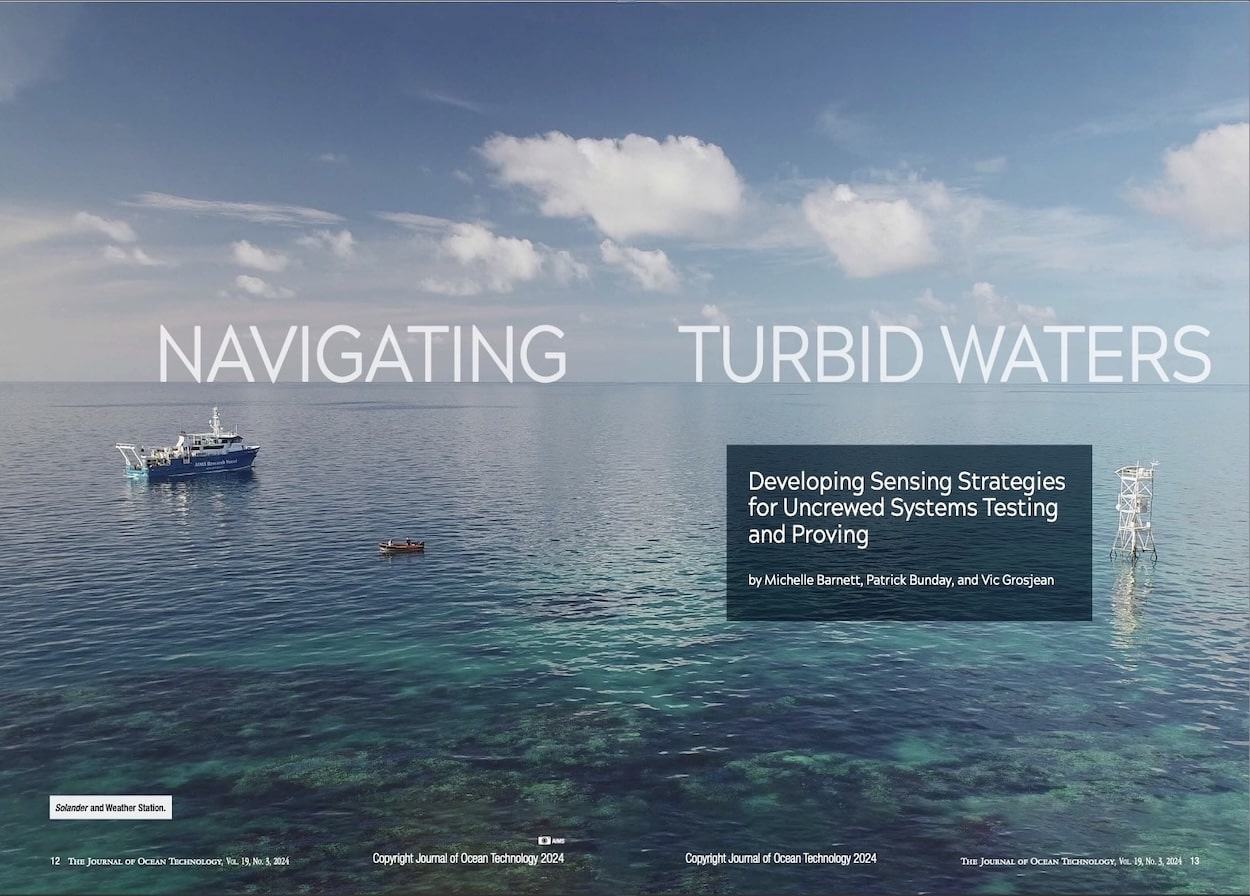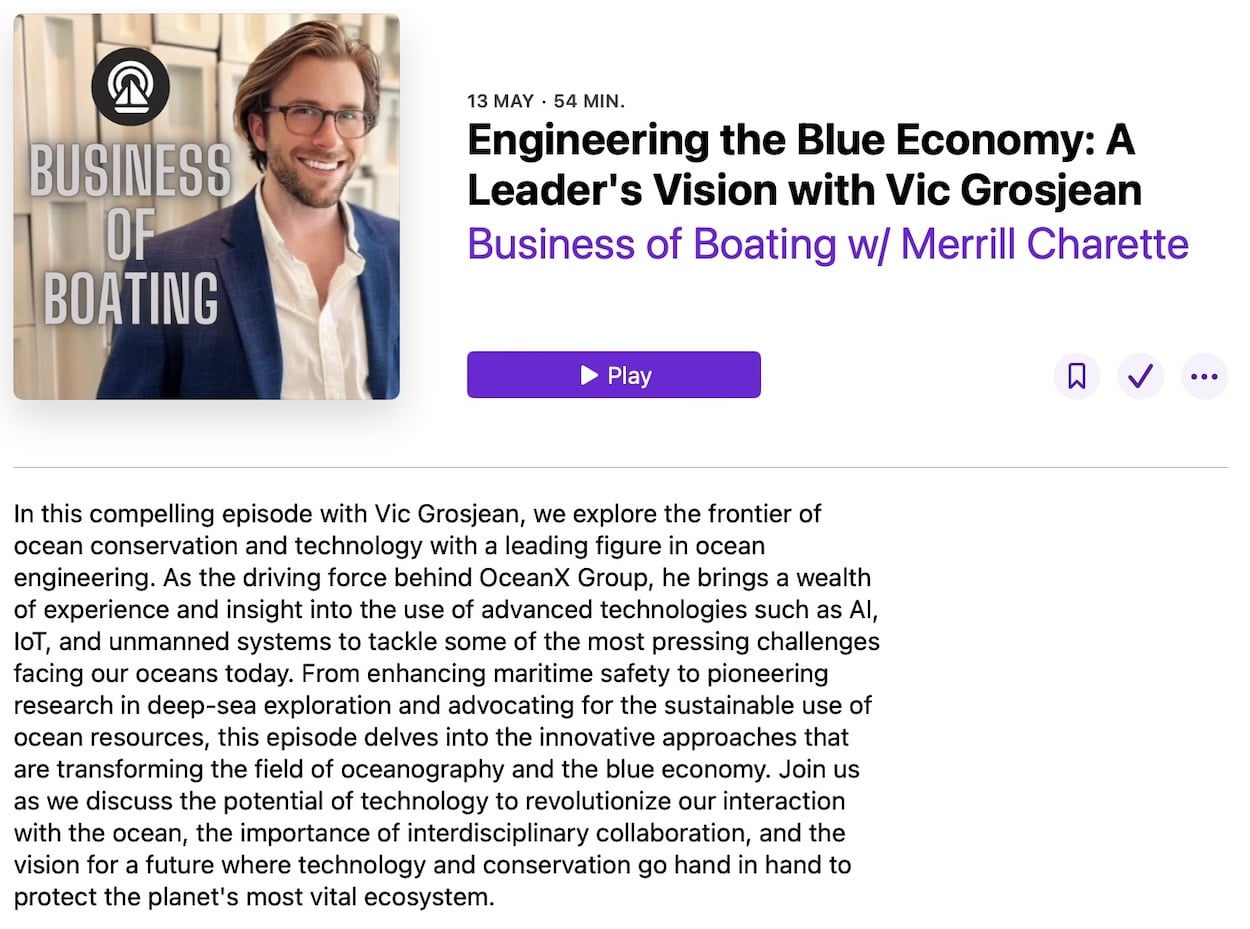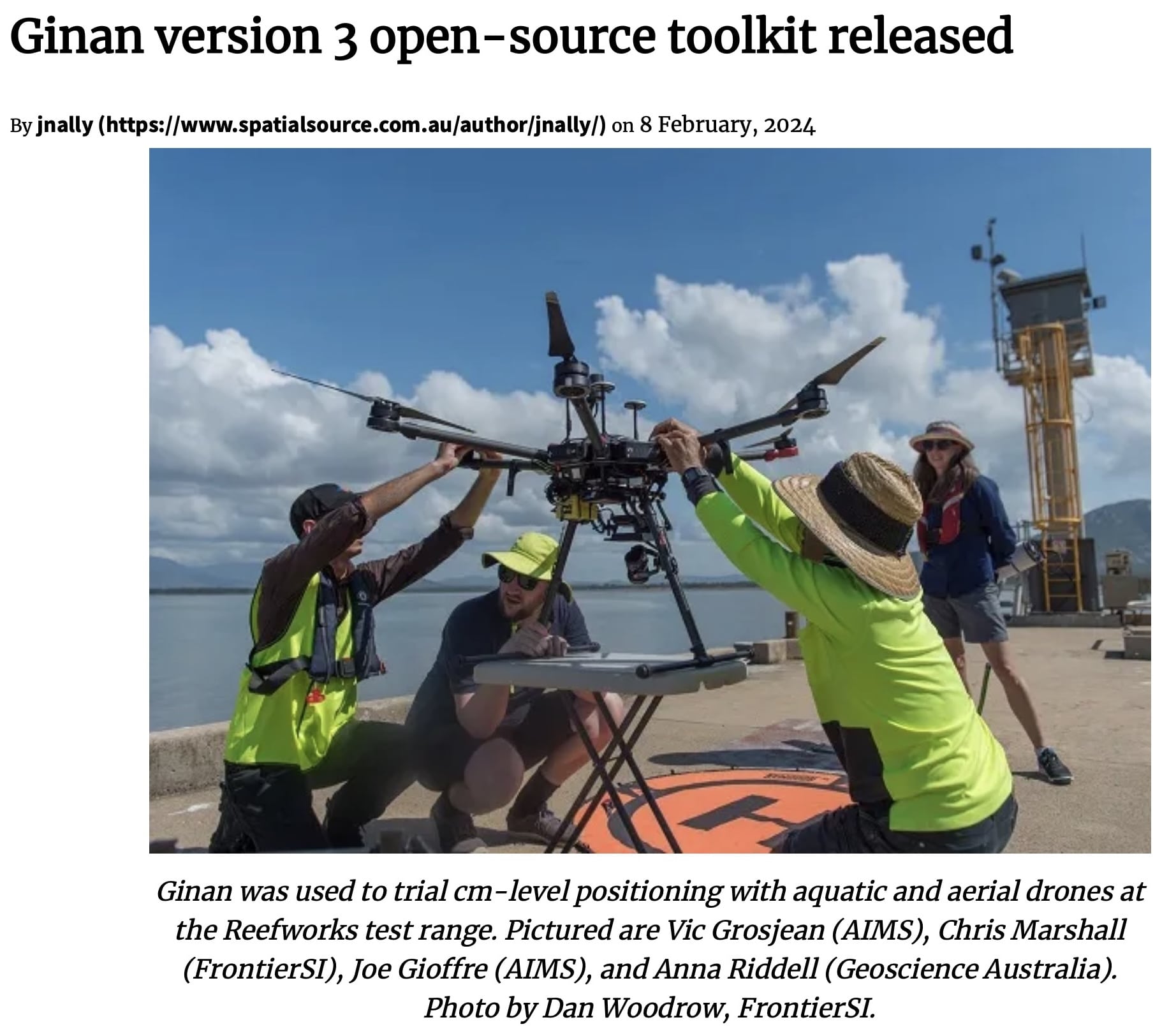| FOR IMMEDIATE RELEASE |
8, November 2022 – How to attract international talents to French Grandes Ecoles?.
Vic Grosjean Coaching and consulting with French Grandes Écoles to help them attract international talents.
Attracting international talents to our schools, adapting its teaching to digital technology, and exporting its notoriety beyond borders, are the challenges of the French Grandes Écoles wishing to export themselves on the international scene.
Adapt your pedagogy
Our methods of education have recently undergone a revolution! In 3 years, we have gone from the 100% face-to-face model – to the 100% remote one, to then offer students a range of options for face-to-face, distance, or hybrid courses.
The unexpected consequence of this pedagogical adaptation translates our universities into an underlying opportunity to be able to shine well beyond our borders. We now see universities investing internationally in order to attract new talents (both teachers and students).
From then on, it became possible to teach remotely from the other side of the world and this at a very modular cruising speed: In my case, an engineer working on the preservation of the oceans in Australia during the day, and teaching remotely in several Grandes Ecoles in the evening (morning in France).
This innovative and revolutionary pedagogy, therefore, allows students to take lessons with bilingual teachers, who have experience in the field and have access to an international network. For their part, French students progress more quickly in English and international students are assured of the linguistic quality of teaching, while being able to participate in classes, regardless of their geographical location.
Facilitate international mobility
French students have a strong international taste and are likely to encourage international students to come to France. Thus, facilitating university exchanges is an excellent way to welcome and attract international talent to France.
It is not uncommon for the Grandes Écoles to make it compulsory to stay abroad either as part of an internship or through exchange semesters with a partner university. The Grandes Écoles, which rely on the network of alumni to facilitate this mobility, bring great added value. For example, since 2013, the “ISEN World Awards (IWA) ” international scholarship program funded by AI ISEN has made it possible to reward and participate in the partial financing of the travel of around a hundred students abroad.
Adding international training within the engineering course also helps to better guide and prepare students to navigate post-graduation. The distribution in particular of the “Engineer’s Manual” published by the IESF and the AI ISEN allows students to better orient themselves and understand the opportunities in France and abroad.
Contribute to the technological transition
According to John Cotton Dana “He who claims to teach must never stop learning” . However, acquiring new teaching methods to be able to deliver an interactive course, at a distance and in English can quickly become a real challenge.
Unless you have a background in Education Sciences, hold weekly podcasts on YouTube, and have lived in an English-speaking country, teaching international students remotely for the first time is not easy.
Aligning teaching methods with new technologies thus improves interactivity with students and strengthens individual commitment, even when working remotely. The objective is to offer modular training, sometimes distance or hybrid, of high quality, which is compatible with the expectations of international students.
It is in this context that the Grandes Écoles now call on coaching services to help them diversify their educational offerings, train teachers, and attract international talent (whether students or teachers).
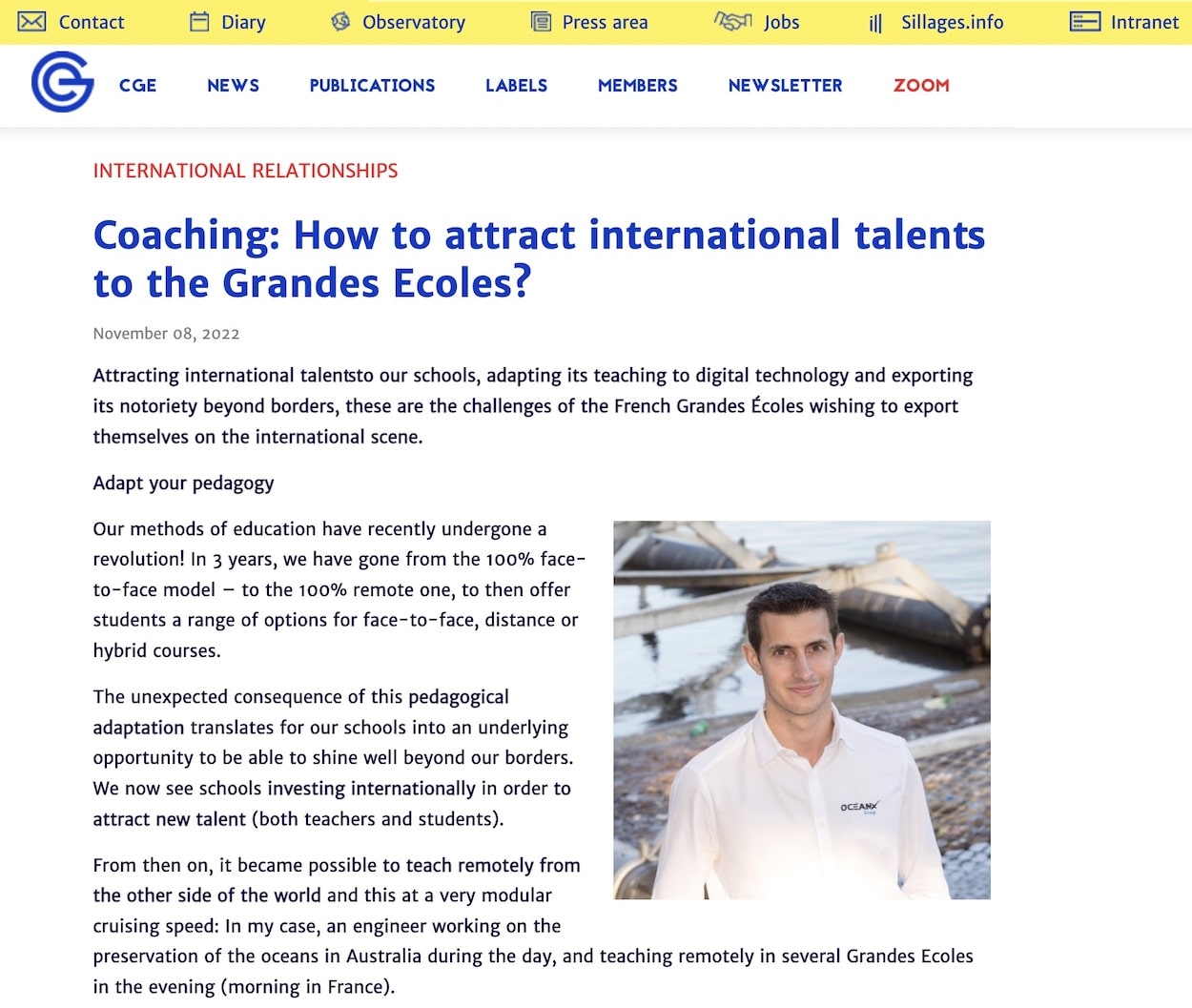
About Vic Grosjean
Vic Grosjean is a passionate engineer teaching at 4 university campuses and French Grandes Ecoles.
In 2013, at AI ISEN, he created the ISEN World Awards (IWA) to help students finance their internship and double degree abroad.
With more than a decade of international experience on 3 continents, Vic teaches in the Grandes Ecoles in English and French. It covers the areas of Engineering Ethics, Intellectual Property, Computer Law, and International Work. Vic also teaches Sustainable Development, Instrumentation, Environmental Monitoring, and Artificial Intelligence.
In 2021, as editor-in-chief of the “The Engineer’s Handbook” under the collaboration of the IESF and the AI ISEN, he publishes a guide for the orientation and development of the career of engineers in France and internationally.
Vic also works as a coach and consultant with Grandes Ecoles to help them attract international talent.
About ISEN Toulon
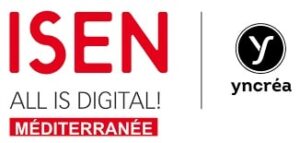 Founded in 1991, ISEN Toulon is part of a group made up of 4 major French schools whose main site is located in Lille. The various establishments of the group are located in Brest, Bordeaux, Nantes, Rennes, Caen, Lille, Toulon, and Marseille.
Founded in 1991, ISEN Toulon is part of a group made up of 4 major French schools whose main site is located in Lille. The various establishments of the group are located in Brest, Bordeaux, Nantes, Rennes, Caen, Lille, Toulon, and Marseille.
ISEN Toulon has the maximum authorization from the CTI (6 years), is a member of the CGE, of Fésic, and is a founding member of Yncréa. The Yncréa group is a group that widens the possible courses offered to students via bridges between its schools.
ISEN trains digital engineers 5 years after the baccalaureate on several courses in Computer and Digital Cycle, Biology, Science and Technology Cycle, Prepa CPGE MPSI/PSI, and in Bachelor GreenTech. The training allows each student to follow teaching with a dominant Computer Science and Digital, or Biology, Science and Technology, as well as a Bachelor in GreenTech.
www.isen.fr/campus/ecole-ingenieurs-toulon/ | Twitter: @isenmed
Read more:
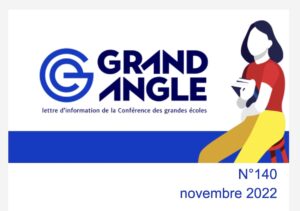 ‘Coaching: How to attract international talents to the French Grandes Ecoles?’, N°140 November 2022, 8 November 2022, by Vic Grosjean, on ‘CGE Conférence des Grandes Écoles’, How to attract international talents to French Grandes Ecoles?.
‘Coaching: How to attract international talents to the French Grandes Ecoles?’, N°140 November 2022, 8 November 2022, by Vic Grosjean, on ‘CGE Conférence des Grandes Écoles’, How to attract international talents to French Grandes Ecoles?.
Join the conversation and help us clean our oceans!
#talents, #international, #universities
